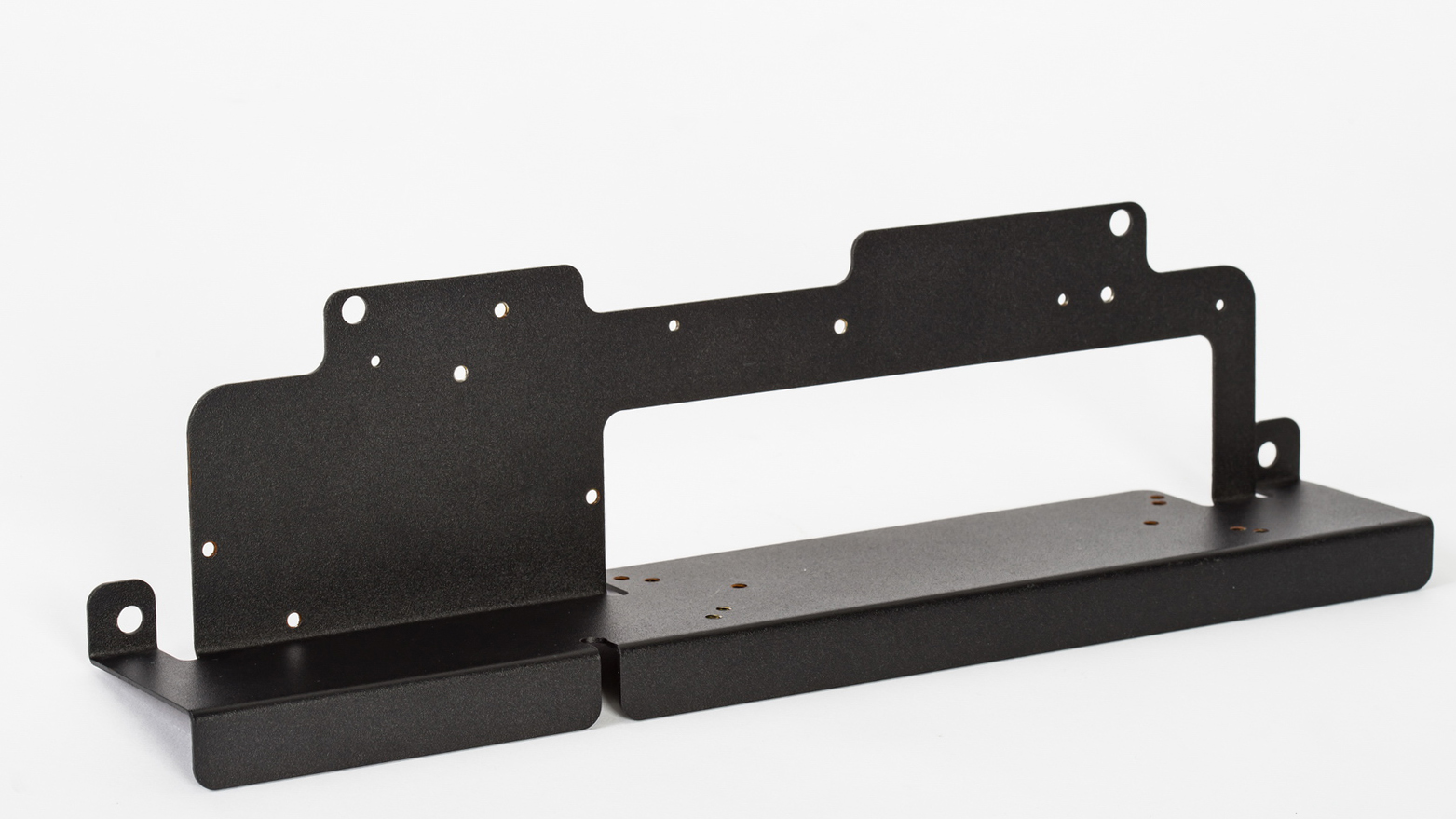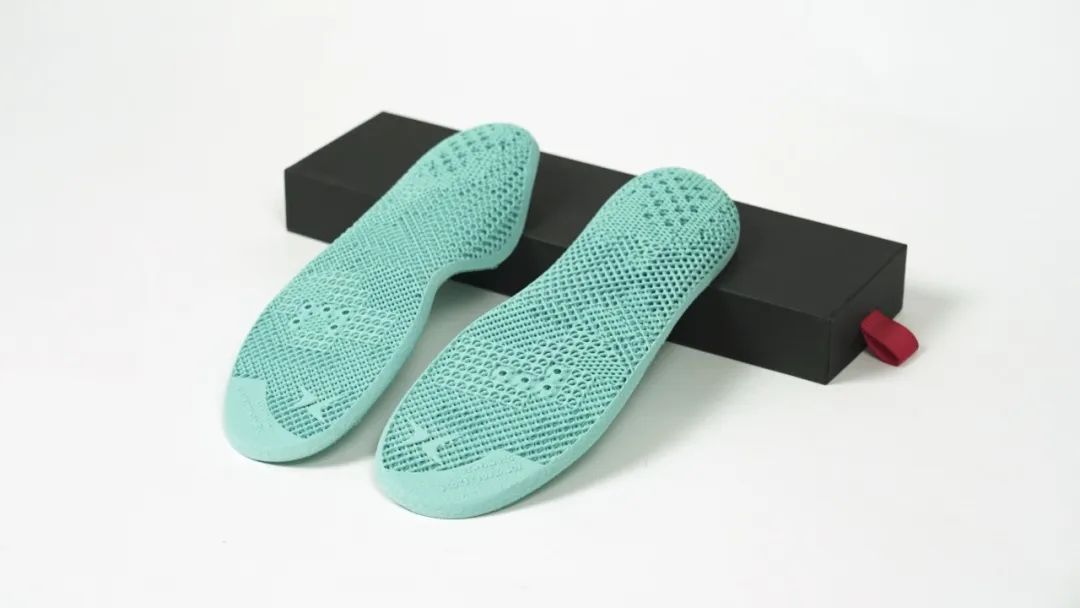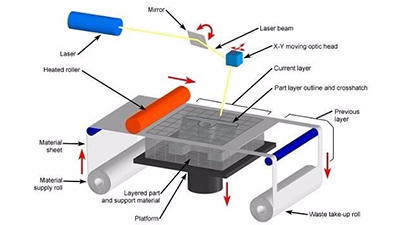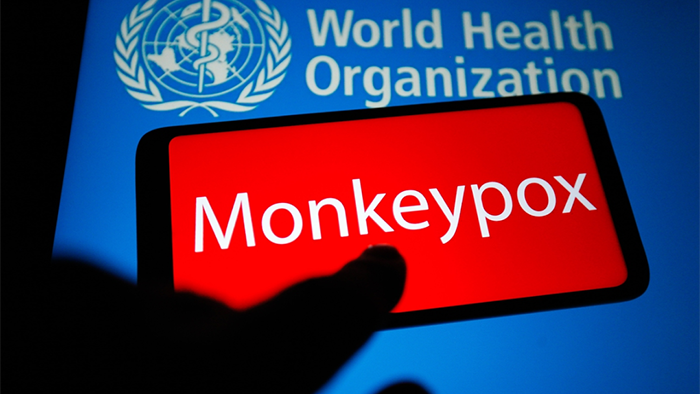As part of the pandemic(Covid-19), how to carry out nucleic acid test for all residents in extremely fast and low cost way is very critical in China. The task is massive and incredible. But we make it combined Mastars’ tooling / injection molding capabilities/capacities , automation technology and medical experience. Now the test cost is less than US$0.06 per person each time. China’s manufacturing supply chain is reliable and durable always even during the pandemic.Our vision is to be the most reliable and valuable manufacturing supplier globally.
On 9 November, according to the US Food and Drug Administration (FDA), there are some uncertainties or imbalances with the US pharmaceutical company Veru's new coronary artery disease oral drug Sabizabulin, but these do not affect the mortality-reducing benefits of Sabizabulin.
The FDA remains positive about Veru receiving an EUA (Emergency Use Authorisation) for Sabizabulin, which may be the first oral NICU to be marketed in the world.

Emergency Use Authorisation is a special form of authorisation provided by the FDA in the event of a declared health risk, and refers to the US term for government authorisation of emergency use of a drug, vaccine or medical device that is not fully approved after a full evaluation in an emergency public health situation.
Veru submitted its EUA application for Sabizabulin to the FDA in June this year and the Expert Advisory Committee met on 9 November US time.
On November 9, Zhang Hongtao, former research associate professor at the University of Pennsylvania School of Medicine and founder of Hangzhou Sedecom Biotechnology Co., Ltd, told Interface News that the expert advisory committee will have a significant impact on whether the FDA confirms the authorization to allow emergency use of Sabizabulin. However, there have been previous cases where the Advisory Committee of Experts endorsed the drug in question, but the FDA ultimately did not allow it to be approved.
Phase III clinical data for Sabizabulin showed a relative reduction of 55% in the risk of death in patients with moderate to severe new coronary artery disease, indicating that the drug's effectiveness is clinically proven. Currently, there is no other oral drug for new crowns on the market that achieves the same reduction in risk of death from severe disease as Sabizabulin, and Sabizabulin's scarcity makes its chances of obtaining FDA authorization for emergency use much higher.
On this news, Veru stock rose for the second day in a row, quoting $15.01 per share.
Sabizabulin is a novel oral small molecule bisindole microtubulin inhibitor developed by Veru that blocks intracellular transport of neocoronavirus along microtubules by binding to the "colchicine binding sites" of alpha and beta microtubule proteins and inhibiting microtubule protein depolymerisation at low nanomolar concentrations. At the same time, the drug has an anti-inflammatory effect and can prevent cytokine storms caused by neo-coronavirus infection.
According to the report, the currently approved oral neo-coronaviruses were developed for the early development of the virus from the perspective of inhibiting viral replication, whereas patients with moderate to severe neo-coronavirus infection have an overreaction of their immune system due to neo-coronavirus infection. Sabizabulin has a relatively good modulatory effect on the immune response by binding to the "colchicine binding sites" of alpha and beta microtubule proteins.
Zhang Hongtao said that modulating the immune response is a complex process in the clinic, and there are many factors that contribute to neoconcentration and therefore cannot be predicted and can only be validated against each other by back-propagation through validation in clinical trial areas. Previously, there have been a number of drugs similar to Sabizabulin, but none of the pathways they target have been validated as critical factors in clinical trials.
Clinical data previously disclosed by Veru showed that the Phase III study of Sabizabulin included 210 patients hospitalised with moderate to severe neocoronary pneumonia. Patients received either sabizabulin plus standard of care treatment or placebo plus standard of care, which included raltegravir, dexamethasone, anti-IL6 receptor antibodies and JAK inhibitors.
On 11 April this year, Veru published Phase III data on sabizabulin, designed to assess the efficacy and safety of the drug in the treatment of patients with moderate to severe neocoronary pneumonia with acute respiratory distress syndrome (ARDS) and risk of death. A total of 204 subjects were enrolled in the study and randomised in a 2:1 ratio to receive Sabizabulin (9mg, orally once daily, n=134) and placebo (n=70). Results of the interim analysis of data from the first 150 patients enrolled showed a 45% mortality rate in the placebo group (n=52) compared to a 20% mortality rate in the Sabizabulin group (n=98). Sabizabulin reduced the relative risk of death in patients by a clinically and statistically significant 55% (p = 0.0029). Daily oral Sabizabulin was well tolerated and had a similar safety profile compared to placebo.
In addition, Sabizabulin met the secondary endpoint. The data showed that the treatment significantly reduced the number of days patients spent in the intensive care unit, the number of days on mechanical ventilation and the total number of days in hospital.
However, the study size for Sabizabulin was small. The above data analysis could not eliminate bias in the study results due to certain baseline imbalances between treatment groups. Other uncertainties raised by the US Food and Drug Administration include baseline imbalances in standard of care therapies, the possibility of unblinding events due to enteral tube administration, the uncertain impact of care decision goals on all-cause mortality, negative studies of other microtubule disruptors in neocoronavirus, and differences in length of stay before enrollment.











